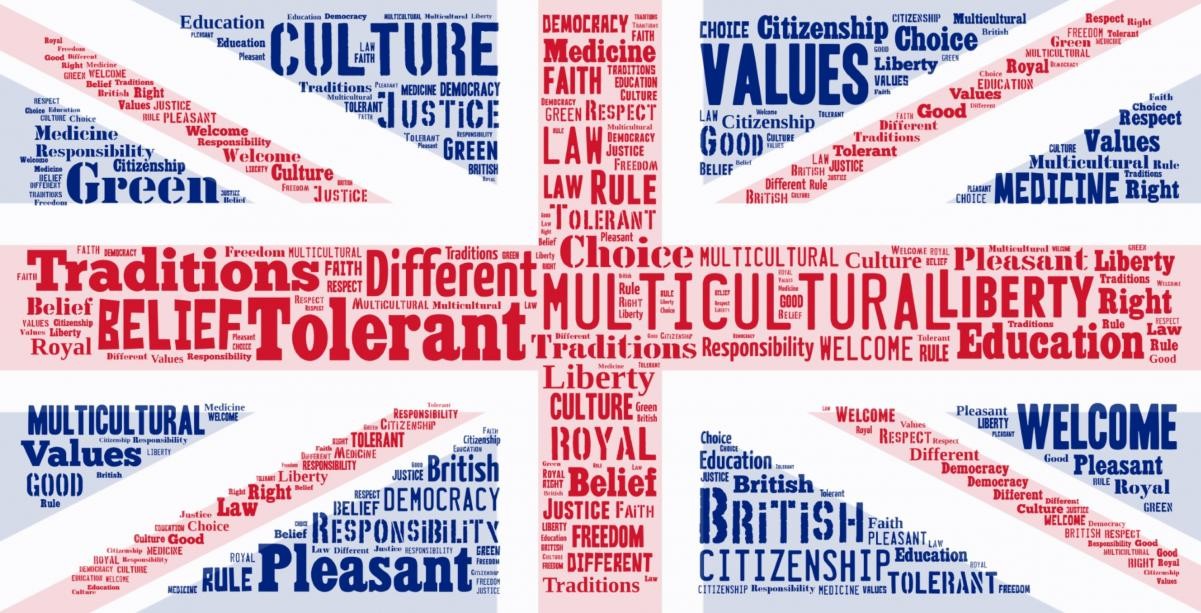British Values at St. Mary's
Share this page
Democracy:
Democracy is very important across the whole school. Children at St Mary’s Catholic Primary School Academy know that there is always someone in school who they can talk to, who will listen and they will be heard, that their suggestions are valued. Children are regularly coming forward with suggestions on how we can improve the school. Pupils have the opportunity to have their voices heard through our school and class council. Children are elected onto the council and school House Captains purely through pupil votes and this reflects our British voting system and demonstrates democracy in action. Children have been involved in selection of our school values. Parents and teachers views are also collected annually.
The Rule of Law:
The importance of Laws, whether they be those that govern the class, the school, or the country, are consistently reinforced throughout regular school days, as well as when dealing with behaviour and through school assemblies. The school has 6 golden rules that underpin all values across the school.
These are based on the Golden Time Rules:
- We are gentle
- We are kind and helpful
- We listen
- We are honest
- We work hard
- We look after property
There are whole school displays of these rules and each class displays these rules. Rewards and sanctions link to the rules and it also underpins our behaviour policy.
Pupils are taught the value and reasons behind laws, that they govern and protect us, the responsibilities that this involves and the consequences when laws are broken. Visits from authorities such as the Police; Fire Service; Lifeguards etc. are regular parts of our school life. The school has very strong links with the local community police officers.
Mutual Respect:
Part of our school ethos and behaviour policy has revolved around the 6 golden rules and respect is very important. Posters around the school promote respect for others and this is reiterated through our classroom and learning rules, as well as our behaviour policy. All pupils are encouraged to offer support and mutual respect by acting as positive role models to their peers and the younger members of the school.
Tolerance of those of Different Faiths and Beliefs:
This is achieved through enhancing pupils understanding of their place in a culturally diverse society and by giving them opportunities to experience such diversity. Our curriculum promotes the study and understanding of different countries, their cultures and their beliefs. Assemblies and discussions involving prejudices and prejudice-based bullying have been followed and supported by learning in RE and PSHE. Members of different faiths or religions are encouraged to share their knowledge to enhance learning within classes and the school. The school actively promotes and celebrates the multi-cultural society we have in Great Britain.
Individual Liberty
In Britain, as long as we do not break the law, we can live as we choose to and have our own opinions about things. In our school, individual liberty is taught through lessons and examples that advise us on how to safely exercise our rights and personal freedoms. These provide boundaries for us to make choices safely and in a safe environment. We have a choice of the challenges we undertake in our lessons and, we have lots of extra-curricular clubs and opportunities to choose from. We are given the freedom to make choices about what we do in school. We learn that being free to make personal choices does not give us the right to harm or upset others or to take an unfair advantage. We understand that liberty of the individual comes with core responsibilities to treat others fairly, to listen to the views and opinions of others and to treat others with respect.

